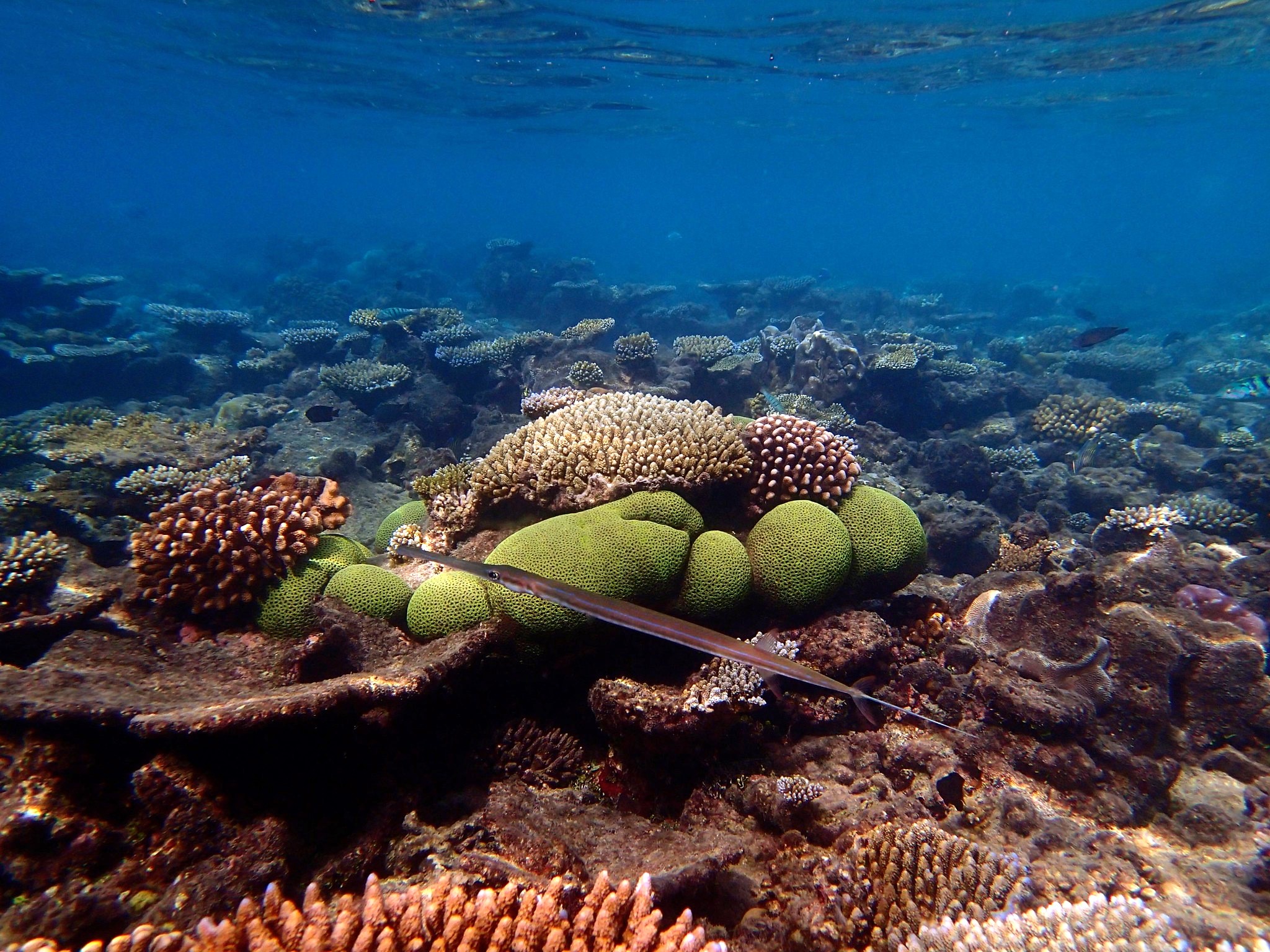Climate
The price of bananas is set to rise permanently as a result of climate change, according to experts. This follows a noticeable absence of the much-loved fruit in several UK supermarkets within the past few weeks due to sea storms. Senior economist at the UN’s Food and Agricultural Organisation states that increasing temperatures are compounding the impacts of fast spreading diseases, including the Fusarium Wilt TR4 infection, which continues to pose an enormous threat to supply chains. Once a banana plantation has been infected with the virus, it kills the trees, therefore halting production. The infection is very difficult to eradicate once present. Increases in more extreme weather conditions, such as widescale flooding and strong winds, allow the virus to spread more easily and may be why it has now been detected across four continents.

The world’s largest species of tree is thriving in the UK due to the moist climate, and now outnumbers those in their native home of California. A study into Giant Redwoods (Sequoiadendron giganteum) has revealed that those imported to the UK around 160 years ago are growing at a similar rate to those in the US. However, as these trees are still young, they are 39% smaller than their American counterparts. Due to their sheer size, it has also been revealed that they store large quantities of carbon dioxide, with those measuring 45m tall in Wakehurst storing between 10-15 tonnes of carbon per tree. Whilst the trees are flourishing in the UK climate, there is little chance of them invading native forests as they require very specific conditions to seed.
Environment
An African project aiming to replace barren lands with wildlife-rich, biodiverse forests has restored more than 41,000 hectares of woodland in ten years. Trees for Future (TREES) is an organisation that aims to restore landscapes in developing communities, while also combating poverty. Following the launch of their mass reforestation campaign in 2015, they have worked with locals to plant tens of millions of trees across nine African countries. They also intend to create 230,000 jobs by 2030 via their ambitious initiative. Working with thousands of smallholder farmers for a duration of four years, they provide training, tools, seeds and grants to allow locals to plant biodiverse woodland and create environments that are self-sustainable for both communities and nature.

The government has pledged a £25m scheme to restore critically endangered habitats for England’s fastest-declining wildlife. In light of the recent announcement of the EU’s first nature law to restore 30% of degraded ecosystems by 2030, this government funding will help improve over 3,300 hectares of land, including 49 hectares of wetland around chalk river habitats in south-east England. The ‘species survival fund’ will also support schools, farmers and landowners across mid-Cornwall to ensure woodland, heathland and acidic grassland restoration across the moors, and help to create vital nature corridors across the Medlock Valley, with the collective aim of restoring nature and supporting iconic species such as Water Voles, waxcaps and rare Great-crested Newts.
Science
According to a new study, playing healthy reef sounds through underwater speakers could save damaged coral reefs. Fifty percent of the worlds coral reefs have been lost since the 1950s. However, scientists working in the Caribbean have revealed that simulating healthy coral reef environments through soundscape recordings may be the key to recovery. Working across three reefs, each at different stages of degradation, the team of scientists installed speakers at all three sites, but only played recordings taken from a thriving reef at one: Salt Pond reef. Results showed that, on average, 1.7 times more coral larvae settled there than on the other two sites. The rate of settlement decreased further away from the speakers, suggesting that the sounds played an important role in larval retention. Research is now underway to understand whether other coral species respond in the same way, and to find out whether the corals thrive after settling.

Pollution
Air pollution levels throughout Europe have continually decreased over the last 20 years, despite increasing threats of climate change. Research conducted by the Barcelona Institute for Global Health studied 1,400 regions across 35 countries and have concluded that the two main forms of overall suspended particulate matter (PM2.5 and PM10) and nitrogen dioxide (NO2) have been falling annually throughout this period. PM10 has decreased annually by 2.72%, while PM2.5 dropped by 2.45% and NO2 levels reduced by 1.72%. Even so, according to the WHO, 98% of Europeans are living in areas with unhealthy levels of PM2.5. These tiny pollution particles are known to cause an array of health problems, and are estimated to be linked to over 400,000 premature deaths a year across Europe.

